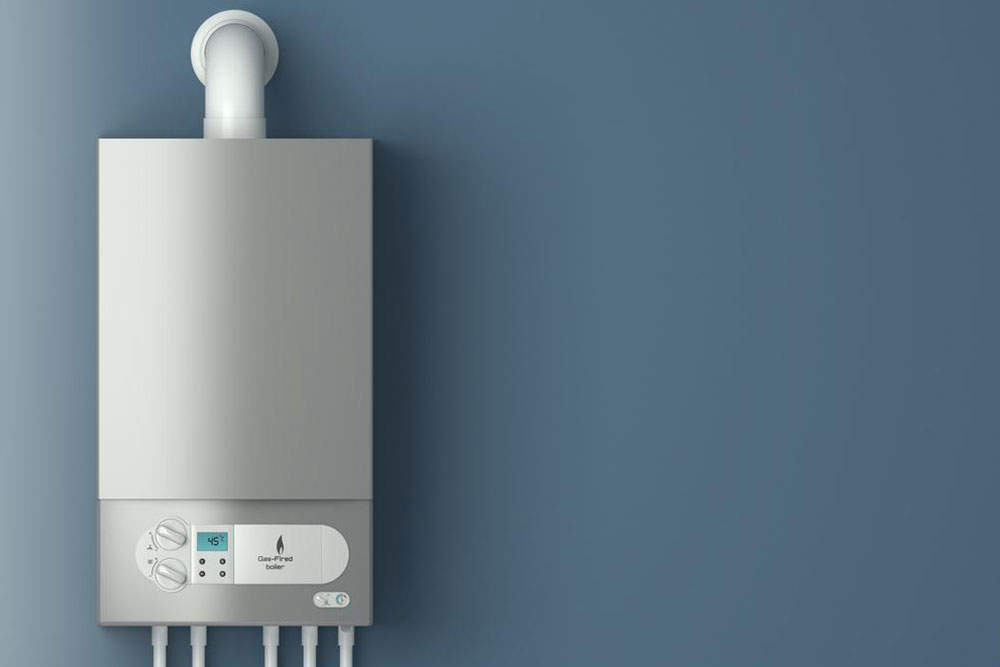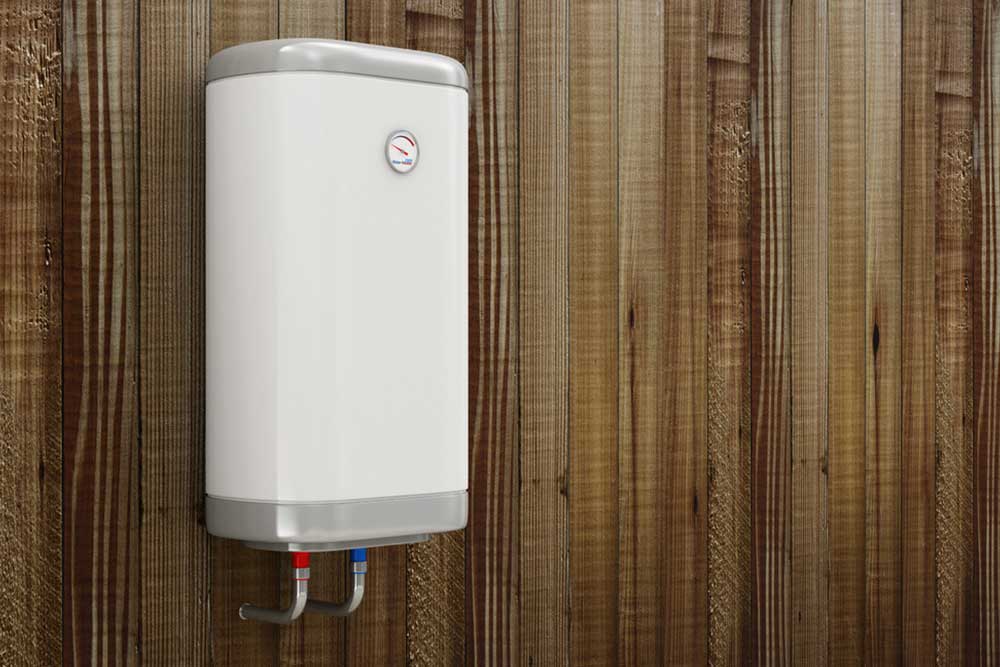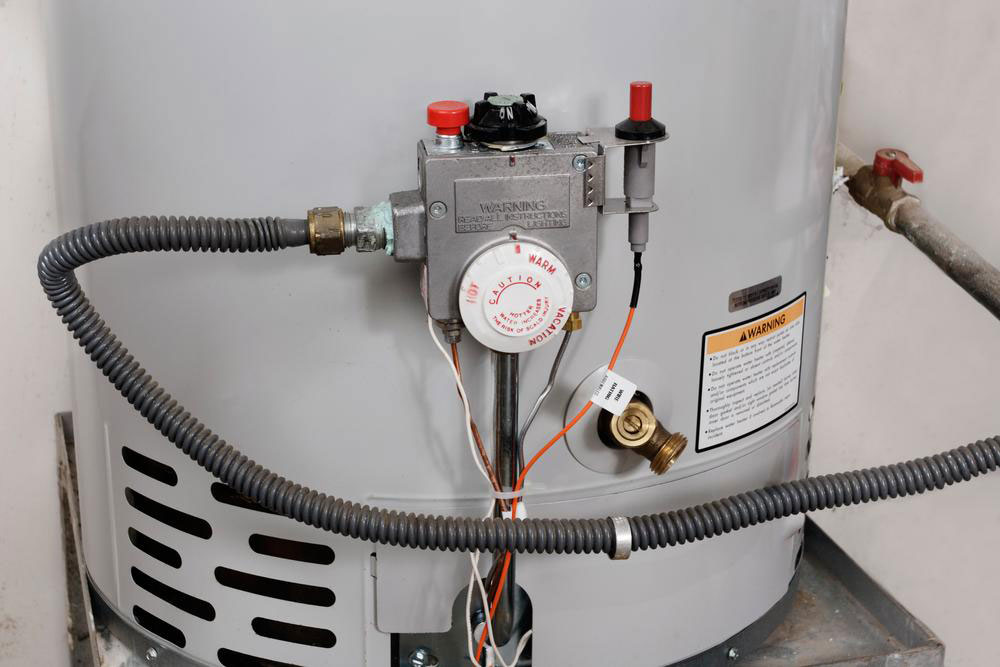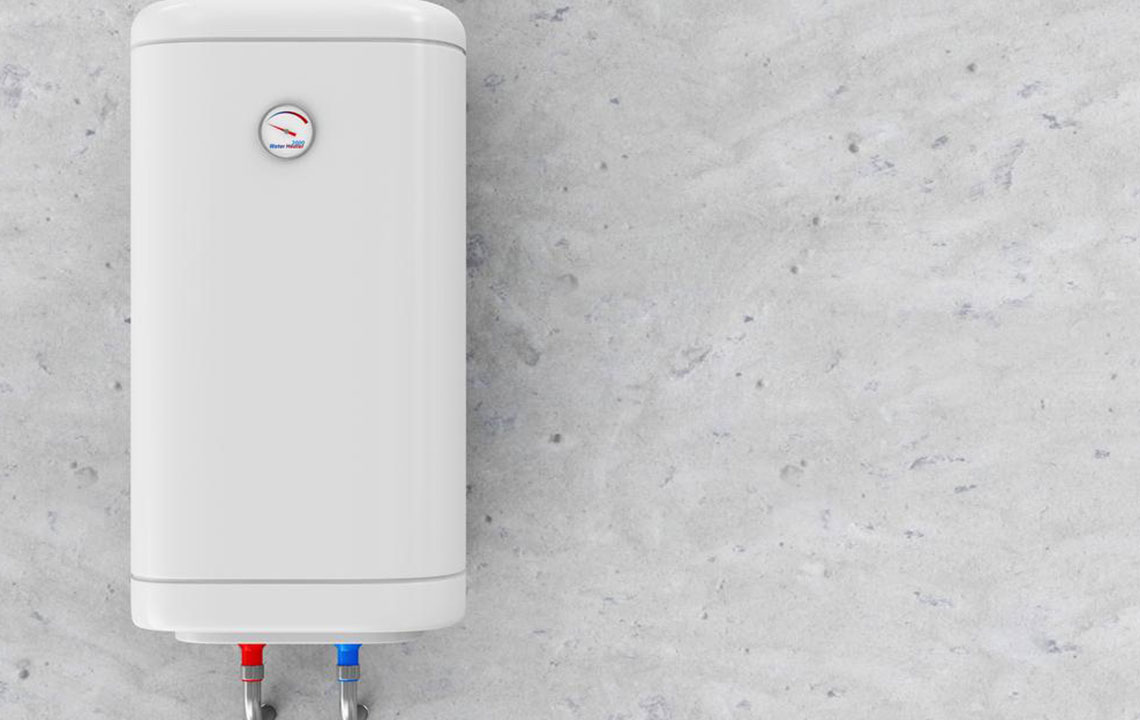Comprehensive Guide to Recognizing When It's Time to Replace Your Aging Water Heater
Discover the crucial signs indicating it's time to replace your aging water heater. This comprehensive guide provides key indicators, benefits of newer models, and tips on timely upgrades to ensure continuous hot water, improved efficiency, and cost savings. Stay ahead of costly breakdowns by recognizing the early warning signs and making informed decisions to upgrade your water heating system.
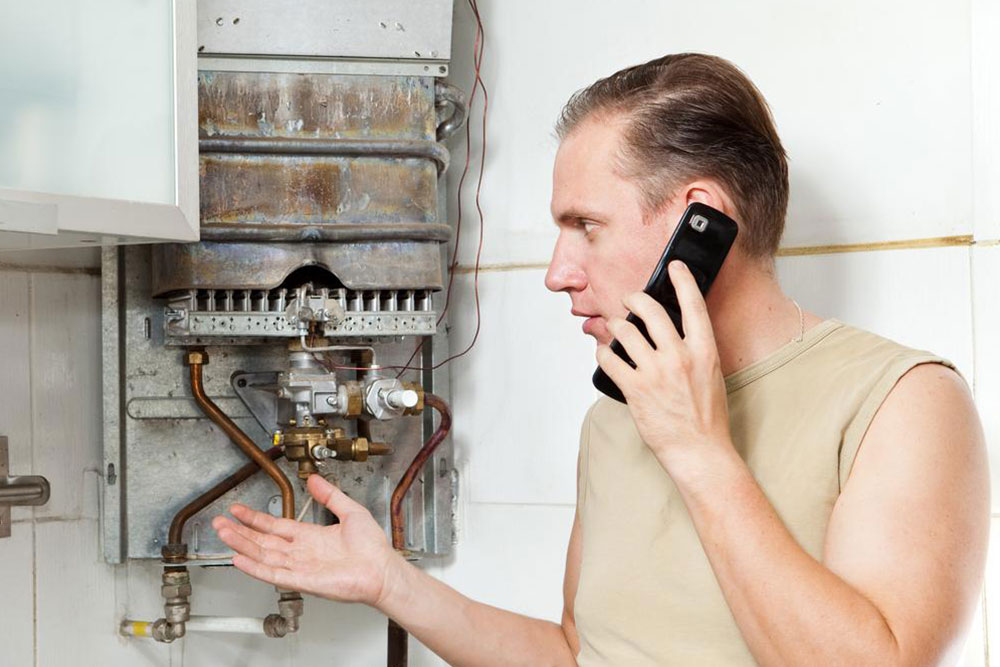
Key Signs That Indicate You Need a New Water Heater
Starting your day with a warm, relaxing shower is a simple pleasure that relies heavily on the performance of your water heater. This essential household appliance ensures comfort and convenience, but like all mechanical devices, it has a finite lifespan. Over years of operation, wear and tear can lead to diminished performance, increased energy consumption, and potential breakdowns. Recognizing the early warning signs that your water heater is nearing the end of its service life is crucial for maintaining comfort, saving money, and avoiding unexpected failures.
Many homeowners tend to delay replacing their water heaters, hoping repairs will suffice. However, neglecting signs of aging can lead to higher energy bills, inconvenient outages, and costly emergency repairs. Investing in a new, energy-efficient model—available at outlets like Home Depot—can provide numerous benefits, including more consistent hot water, lower energy costs, and peace of mind. Being attentive to the signs of deterioration helps homeowners make timely decisions, ensuring their household remains comfortable and energy-efficient.
If your old water heater begins to malfunction or shows noticeable signs of wear, it’s wise to consider an upgrade. Common indicators include reduced performance, increased utility bills, and frequent repairs. Advances in water heating technology have introduced models that are more efficient, environmentally friendly, and reliable. Whether you opt for a traditional tank model or a modern tankless unit, understanding these signs will help you determine the optimal time to replace your water heater.
Why Should You Consider Replacing Your Old Water Heater?
Modern water heaters surpass older units in multiple ways, offering superior energy efficiency, improved safety features, and enhanced convenience. Replacing an aging water heater not only reduces energy consumption but also minimizes the risk of leaks and failures that can cause significant household damage.
Inconsistent Water Temperature: If your hot water fluctuates unpredictably or isn’t as hot as it used to be, it’s a sign that your unit may be nearing the end of its lifespan. Modern models often come with precise temperature controls, ensuring a consistent and comfortable experience.
Longer Heating Times: When your water takes too long to heat up or runs out quickly, it indicates inefficiency. Upgrading to a new unit can significantly reduce waiting times and improve household productivity.
Warranty Expiry: Once your water heater’s warranty lapses, repairs tend to become more costly and less dependable. Replacement guarantees performance and peace of mind, especially with energy-efficient options that can cut utility bills.
Frequent Repairs or Malfunctions: Continual breakdowns, leaks, or strange noises add up in repair costs. Investing in a new water heater often proves more economical in the long run.
Unusual Noises: Rattling, banging, or hissing sounds are common signs of age and impending failure. Replacing the unit can restore quiet operation and prevent potential water damage or safety hazards.
Thanks to technological advancements, today’s water heaters deliver unprecedented levels of convenience, efficiency, and safety. If your current unit exhibits any of these symptoms, a timely replacement can improve your hot water experience, reduce energy costs, and provide reliable service for years to come. Whether choosing a traditional tank model or a space-saving tankless system, ensuring your water heating needs are met efficiently makes a significant difference in household comfort and budget management.
